Europe travel blog, tips, destinations, and guides. Collected blog posts on travel in Europe, from living in London and Romania and driving the full length of Europe, often. Also from visiting the tourist hot-spots of Europe that we’d stop at along the way. You’ll find Europe travel tips and ideas below as well as more detailed information on some of the best places in Europe for you to see on your European trip.
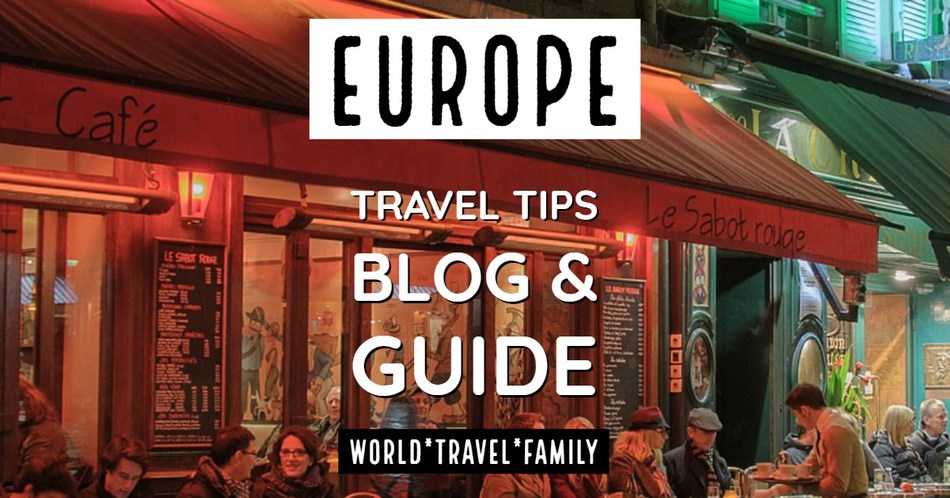
What about you? What are your Europe plans? Are you just starting to consider a first-time visit to Europe or will this be a return trip?
Do you live in Europe and want to see more of the continent of Europe?
We hope to be able to help you with any aspect of travel in Europe, from this page.
You can purchase a 1 week, 1 month or multiple months eSIM for Europe, cheaply and hassle-free, here. These eSIMS are also available for most countries and regions.
Europe Blog
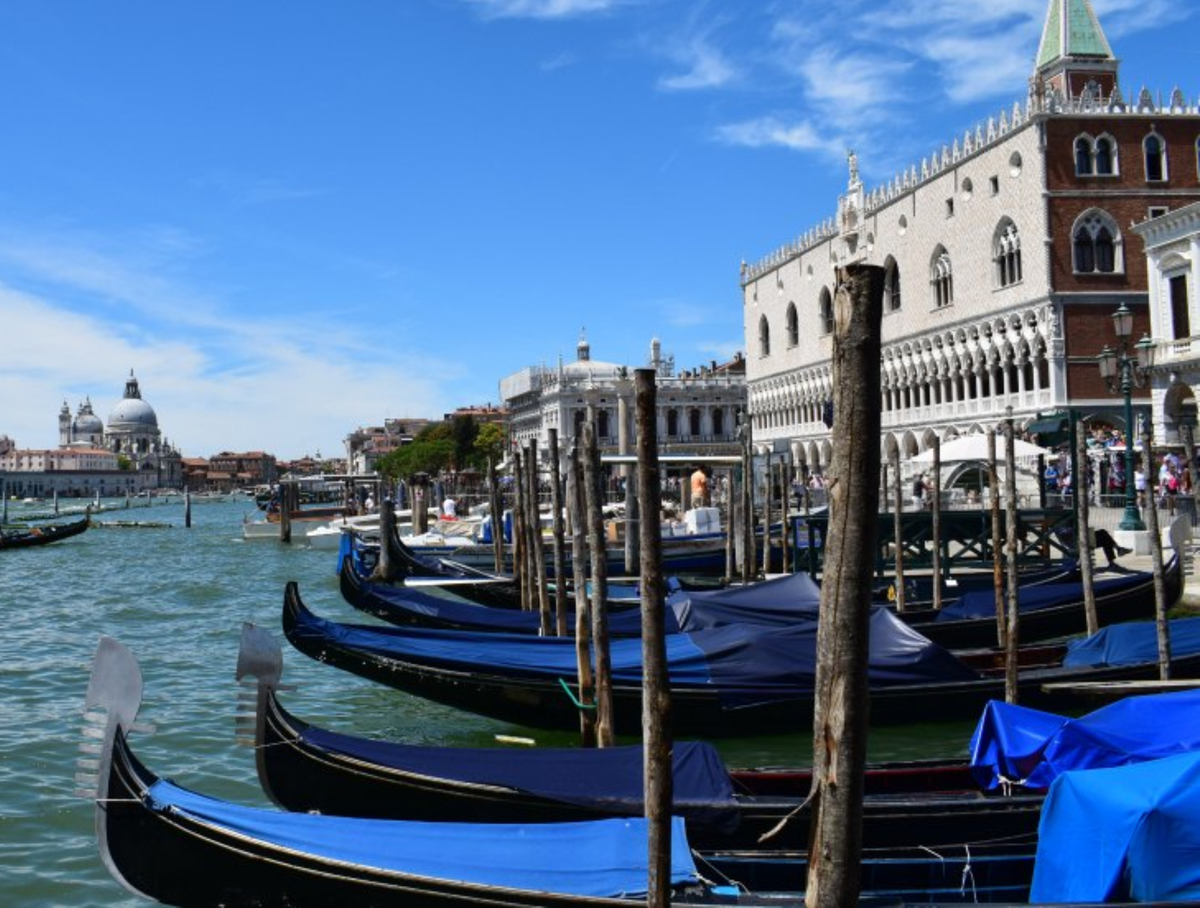
This travel blog started as a personal journal of our travels, it wasn’t built to be an authoritative all-encompassing guide. We’re bringing multiple Europe trips together here to make all the information on our site work as a comprehensive Europe travel blog and guide.
We can’t write a single blog post and call it “Europe Travel Blog” so you’ll find dozens of individual blog posts below, detailing individual destinations and experiences in Europe.
It was best to have this page as a general guide for travel in Europe, with more detailed posts leading from it and to it. We hope you can find what you need here.
Europe Travel Tips

A few general Europe travel tips to get you started.
- Christmas holidays and long summer school holidays along with the Easter break can bring huge crowds to popular parts of Europe. Avoiding peak times will keep your prices down.
- Countries that don’t have the Euro are often cheaper
- Be aware of Schengen area visa restrictions.
- If you’re driving – don’t forget to buy a vignette and be aware of driving laws and restrictions.
- You’re unlikely to have difficulties if you only speak English, in most European countries locals are insanely good at English. But if you’re wandering off the beaten track, grab a phrasebook and learn what you can. It’s polite to try.
- Avoid places that purely exist for tourists. Put money in local pockets, meet more local people, and learn more about the country you’re visiting by finding the shops, restaurants, and places the locals love.
- You can zip around Europe cheaply by a budget airline – they’re all pretty similar – or use trains, buses, hire a car, ride a bike – Europe is pretty easy to get around.
- The weather in Europe swings from hot summers to freezing winters, be prepared for anything and be sure to check weather outlooks. Don’t rule out visiting in the dark and cold of winter, it’s my favourite time to be in Europe.
- What are the best places to visit in Europe? Visit our post about special places to see in Europe.
Getting Around Europe
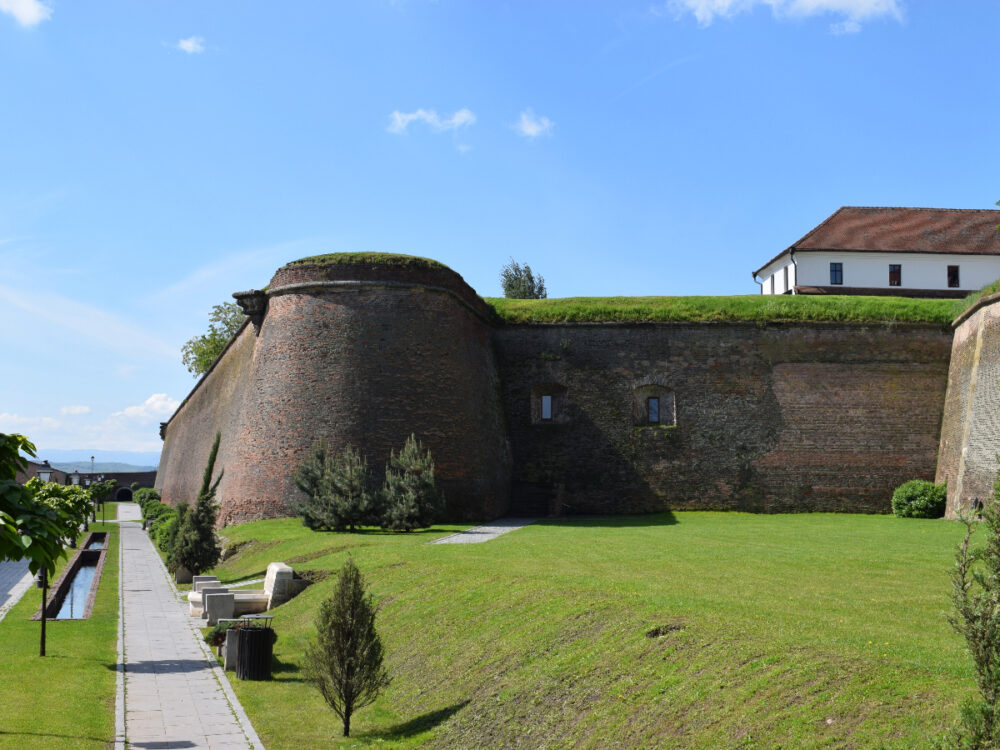
Driving around Europe is a dream, roads are generally good unless you get too far off the beaten track and highways connect most countries seamlessly.
Be aware that you could run into road tolls or need to buy a ticket or vignette to use European roads.
Flying around Europe using budget airlines has been ridiculously cheap in recent years. We don’t think there’s much difference between the budget airlines, but we use Wizz Air often.
European travel is also easy by train, the train even goes under the channel to London’s St Pancreas station. On top of this, Europe is popular for river cruises, canal boats, and Mediterranean cruise journeys, stopping at major ports.
Getting Around Europe By Air
Flying is super affordable on the short hop budget routes of Europe. Sometimes prices are unbelievably low with all of the budget airlines being fairly similar.
I would never particularly choose one airline over another and you get what you pay for. Be aware that the airports used by the budget airlines may be inconveniently situated outside major cities.
Travel in Europe By Water
Have you considered a canal boat holiday? Maybe a coastal sailing adventure or a grand river cruise?
There are plenty of options for water-based vacations in Europe and let’s not forget the possibility of cruising the Mediterranean or Scandinavian fjords.
I should also mention ferries, the ferries from the UK to continental Europe are good, cheap and easy to book, we’ve even turned up at a ferry port and bought a ticket on the spot.
Travel Europe By Road
This is our area of expertise I guess. We would drive from Romania to London and back every year. Not many people can say they’ve done that.
We did it by car but to explore Europe by camper van, motorhome or even motorbike or bicycle would be a superb opportunity. That’s one for our bucket list.
Travelling Europe By Train
Europe is pretty well set up for train travel. A rail network covers most of Europe’s main destinations and you can even let the train take the strain from London, via the Channel Tunnel, into France, Belgium and beyond.
Special passes exist for extended train travel in Europe and can offer great value.
If we consider Russia as part of Europe, (Russia is a transcontinental country) don’t forget the Trans Siberian or Trans Mongolian Express.
The other classic train journey of course is the Orient Express. The privately operated Venice Simplon Orient Express travels from London to Venice but the full journey originally went to Constantinople, modern Istanbul.
European Visas
Europe can be divided into three areas. The European Union, European Economic Area and the Schengen Area.
These 3 areas overlap and countries can be members of more than one.
If you enter a Schengen country you receive a Schengen 90 day visa – usually. Please check and double-check all this information, we did our best to give a rough guide for the main nationalities visiting Europe.
The Schengen Area is the largest with 26 countries and includes all EU countries except the UK, Romania, Bulgaria and Croatia. Sweden, Norway and Switzerland are also part of the Schengen area.
People of most nationalities will be awarded a 90 day visa that is valid for all countries in the Schengen zone which means you have 90 days total even if you hop between member countries.
It is worth noting that there are no land borders with crossing formalities across most of the EU with the main ones being into and out of the countries listed above.
Monico, San Marino and the Vatican City aren’t members of the Schengen area but have no hard borders with surrounding countries.
Visa rules for countries not in the Schengen area are effectively the same, normally allowing 90 days travel at a time in that one country.
To reset your Schengen visa you’d need to leave the 26 countries and travel to a non-member such as Romania etc. listed above.
On re-entry, you can generally claim another 90-day visa, but you can ony do this once every 6 months or 180 days, twice in a year.
Basically, if after 90 days in Europe you wish to remain, you’ll need to swap to a non-Schengen country or countries and stay there for 3 months before you can get back into the Schengen zone for another 90 days.
Make sense? Thought not.
We highly recommend Romania, we lived there for 3 years, go there.
If you hold an EU passport then you are free to travel, work, and live, in any other EU country.
Brexit is still undecided at time of writing, British people will likely lose all privileges if Brexit happens.
Please check all visa information for Europe thoroughly as it is very complex. Don’t take this site as a definitive guide, we’re just giving you a brief overview.
Highlights of Europe and Must-Visit Destinations
A few of our favourite places in Europe receive full cover below.
Road Trips in Europe
Our content on driving in Europe, our experiences with our Europe road trips is in the blog posts below. We can also add some general tips for driving in Europe to this page.
There are certain rules and regulations for driving in Europe that you need to be aware of and of course, know that you need to pay to drive on some roads and in some countries.
Border crossings go almost unnoticed within the Eu these days, you can cross from one country to the next without even realising. It’s only where you cross into the non-Schengen countries that you’ll likely encounter border formalities.
Countries Where Buying a Vingnette May be Required
Austria, Bulgaria, Czech Republic, Hungary, Romania, Slovakia, Slovenia and Switzerland.
Vignettes are European driving authorizations. Some are stickers, others aren’t.
I found the list above on an authoritative website (source) but our experience, from living in Romania and spending a lot of time in this part of the world, is that you don’t need them for every road. But obviously, check this for yourself.
I was fined in Hungary for not having one simply because I bought mine the morning after I crossed the border. Despite having one, I still had to pay the fine. So read up on regulations and stay within the law.
In other parts of Europe, you will encounter road tolls. A good map app will help you find toll-free routes and honestly, avoiding the Autobahns is a far more enjoyable way to tour Europe.
European Travel Blog FAQ
The Language Barrier. Will it Be a Problem in Europe?
Generally, no, you shouldn’t run into too many language difficulties in Europe.
In cities and popular tourist places, you’re unlikely to need anything more than English. However, if you’re venturing into remote, less-visited or rural areas, you possibly will.
We have found that youngsters speak English well, more so than old people. In Europe kids learn English, it’s just the way it is. But do try to be polite, a please and thank you never goes unappreciated, and if you have the time, learn more.
Countries with alphabets other than standard Arabic can get very interesting! You may encounter Latin, Greek, Cyrillic, Armenian, Hebrew, Arabic, and Georgian scripts.
Road signs and other information signs may not be in English if you get deeper into Europe.
Can you drive freely between countries in Europe?
Yes, mostly, we could drive across any border in mainland Europe, within the European Union, without stopping or queuing.
Now, post-Brexit, things will change for us as we are UK passport holders.
The only borders where we had to stop were those for non-Schengen countries. So entering Romania we had to stop and show our passports and for entering the UK, but not leaving.
Is it best to visit Europe in summer or winter?
Both. Europe is an awesome destination at any time of year, depending on what you want to do. In winter there is excellent skiing of course, Christmas markets, beautiful snowy mountains and hearty food.
In summer the Mediterranean Sea has incredible beaches and swimming.
My pick for sightseeing would be spring or autumn outside school holiday. That way you’ll avoid the crowds while avoiding weather extremes.
Are power sockets the same throughout Europe?
Most of Europe has round, two-pronged power sockets and plugs. If you need to pack a power adapter, this is the sort that will be most useful.
This sort also works for many countries in Asia. Remember that the UK has 3 prong square pin plugs and sockets, for that you’ll need a different power adapter.
Budget for European travel?
Costs wise, there are big variations across Europe. We find prices in Europe to be higher than most of Asia, slightly higher than the US, lower than Australia, with Eastern and Central Europe being much cheaper than Western Europe.
The UK is quite expensive but having lived in both, I think it’s cheaper than Australia. It’s impossible to give a daily budget for Europe as a whole.
To keep costs down, buy your own food in supermarkets. Eating out will add up fast in Europe, you won’t find Asia’s superb $1 meals here.
The Language Barrier. Will it Be a Problem in Europe?
Generally, no, you shouldn’t run into too many language difficulties in Europe. In cities and popular tourist places, you’re unlikely to need anything more than English.
However, if you’re venturing into remote, less-visited or rural areas, you possibly will. We have found that youngsters speak English well, more so than old people. In Europe kids learn English, it’s just the way it is.
But do try to be polite, a please and thank you never goes unappreciated, and if you have the time, learn more.
Countries with alphabets other than standard Arabic can get very interesting! You may encounter Latin, Greek, Cyrillic, Armenian, Hebrew, Arabic, and Georgian scripts. Road signs and other information signs may not be in English if you get deeper into Europe.
Can you drive freely between countries in Europe?
Yes, mostly, we could drive across any border in mainland Europe, within the European Union, without stopping or queuing. Now, post-Brexit, and post-pandemic things will change for us as we are UK passport holders.
The only borders where we have had to stop were those for non-Schengen countries. So entering Romania we had to stop and show our passports and for entering the UK, but not leaving.
Is it best to visit Europe in summer or winter?
Europe is good to visit is both summer and winter. Europe is an awesome destination at any time of year, depending on what you want to do.
In winter there is excellent skiing, of course, Christmas markets, beautiful snowy mountains and hearty food.
In summer the Mediterranean Sea has incredible beaches and swimming. My pick for sightseeing would be spring or autumn outside the school holiday. That way you’ll avoid the crowds while avoiding weather extremes.
Are power sockets the same throughout Europe?
Most of Europe has round, two pronged power sockets and plugs. If you need to pack a power adapter, this is the sort that will be most useful. This sort also works for many countries in Asia. Remember that the UK has 3 prong square pin plugs and sockets, for that you’ll need a different power adapter.
Budget for European travel
Costs wise, there are big variations across Europe. We find prices in Europe to be higher than most of Asia, slightly higher than the US, lower than Australia, with Eastern and Central Europe being much cheaper than Western Europe.
The UK is quite expensive but having lived in both, I think it’s cheaper than Australia.
It’s impossible to give a daily budget for Europe as a whole. To keep costs down, buy your own food in supermarkets. Eating out will add up fast in Europe, you won’t find Asia’s superb $1 meals here.
Europe Travel Blog. Conclusion
We hope you find what you’re looking for in our Europe Travel Blog section. Our Europe tips, guides, and destinations grow constantly. If there is a particular place you want to see in Europe and we haven’t created a blog post about it yet, go ahead and ask in the comments. Thanks.
If you'd like to hire a car during your stay, use this car rental comparison tool to find the best deal!
We also suggest you take a look at this company to get a quote for all kinds of the more tricky adventure or extended travel insurance.
Try Stayz / VRBO for an alternative way to find rentals on homes/apartments/condos in any country!
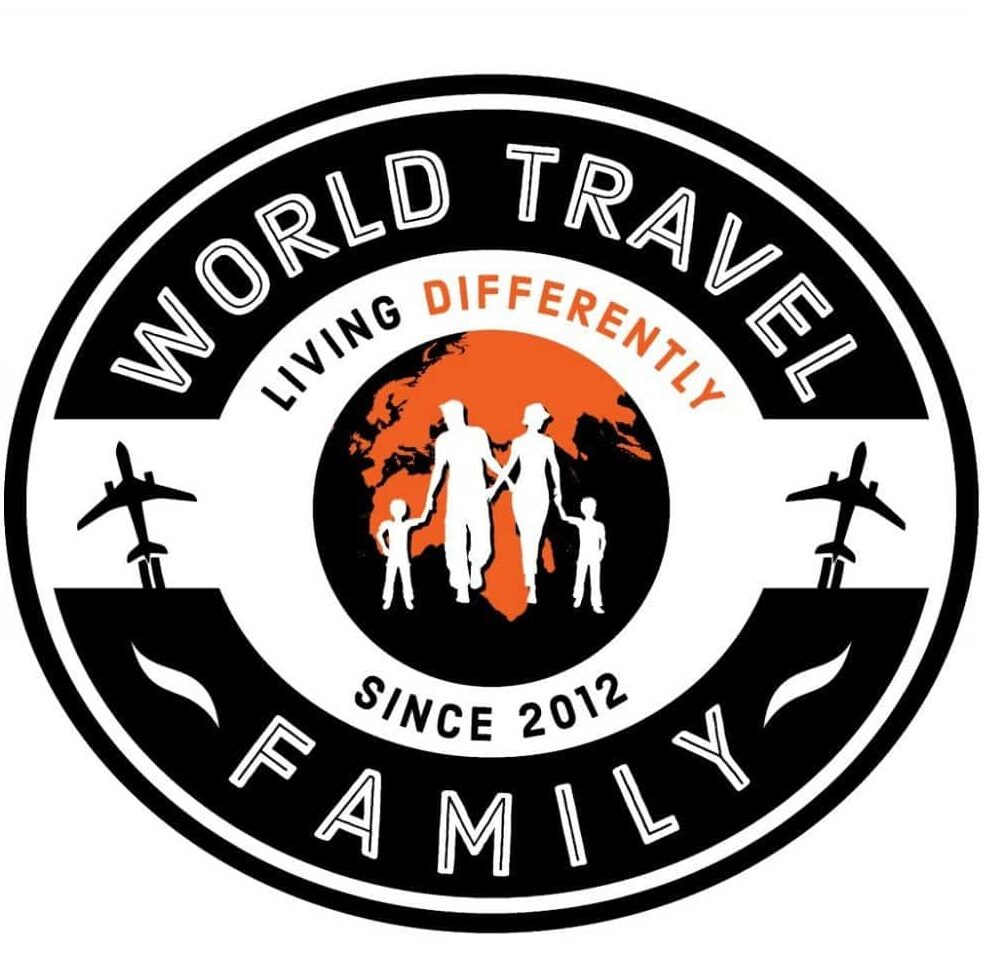
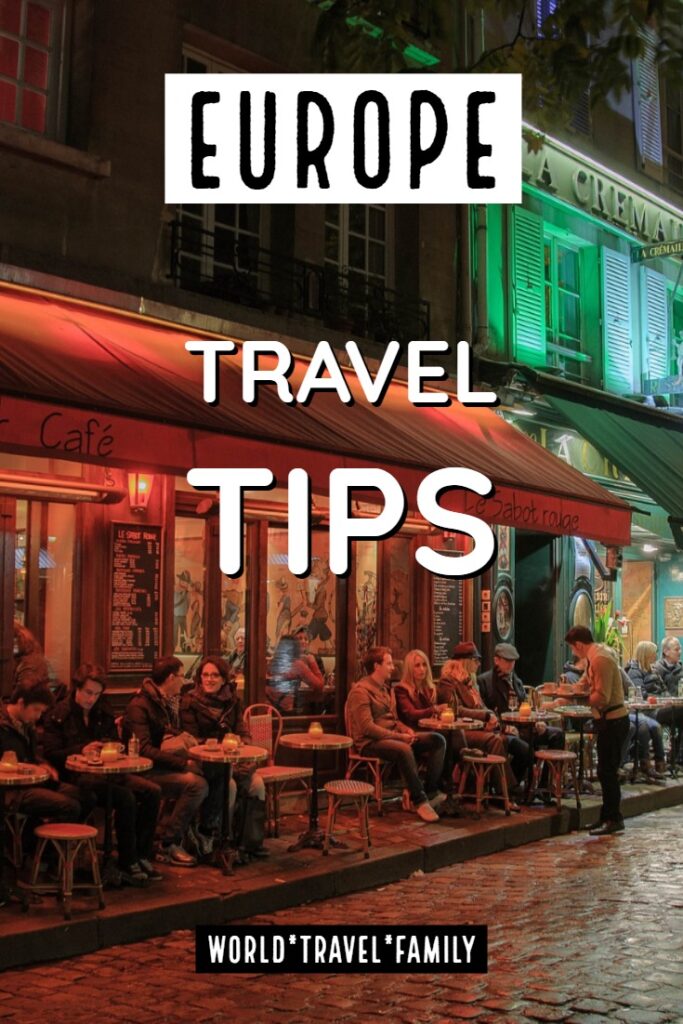








The affordable Europe group tour was a great option for our family vacation. We got to visit popular destinations like London, Amsterdam, and Prague, and enjoyed family-friendly activities and attractions. The tour provided a balance between sightseeing and leisure time, making it a value-for-money experience.
The surreal experience promised by Venice makes the expense seem like nothing. I have booked the turkisturkish airline for my next voyage. You have shared that peak times lead to rise in the prices. If we choose other times, won’t we miss out on some of the fun? I was hoping to explore the city’s vibe during Christmas.
Turkish are a good airline, we’ve used them London – Istanbul (which is in Europe!). If you want to see special Christmas events, then yes, you’re going to have to pay the extra costs of flights around Christmas. The best way to look at fllight prices for Europe is to go to Skyscanner and look at prices month over month and sign up for their alerts.
I just finished reading your informative blog post, and I wanted to take a moment to thank you for sharing such valuable insights with your readers. If your readers are looking for the best international eSIM for Europe, then feel free to visit our website to avail the best deals and offers on travel eSIMS.
This is my first time reading a blog regarding Europe Visit. I am got all the information that i was looking for. Thanks for sharing with us. Regards
Same as all of the airlines, Lufthansa airline also provides the Lufthansa Cancellation Policy within 24 hours that allows the passengers to cancel their Air tickets within the starting 24 hours of the purchase of the ticket without any Lufthansa Cancellation fee.
Planning a trip from US to Paris and then traveling to Spain, Portugal and crossing into Morocco(Casablanca) from Gibraltar by Ferry. This is our first Europe/Africa trip and I’m excited, but not sure about all the details. I can build the basics of the trip but cars from here to there and ferry rides from one continent to the other is worrisome. Any tips would be helpful and much appreciated. We are not going til November/December 2022, hoping Covid restrictions are totally lifted.
It’s so far into the future that who knows? Car hire is globally ridiculously expensive right now, so that’s something to look into. But by then it may have improved. I’ve never taken that ferry crossing, but I love Morocco, much more than that part of Europe, I’m not a massive fan of France so although I’ve actually spent a lot of time there, being from the country right next door, I never put much of it on the website. Brittany is my favourite part but that would be a bit out of the way if you plan to head south from Paris. I’ve crossed the France / Spain border many times by car. that’s no problem. Catalonia, northern Spain is my favourite, particularly for the Dali connection, and the food! Sounds like an adventure and nicely diverse. Have fun!
I need updates Germany reopening
Just a little tip – if you’re traveling in a group, during European summer, I would highly recommend renting a boat with captain, at some destination’s it’s even cheaper than staying at a hotel, airbnb and you’ll get to see places you wouldn’t get to otherwise and it’s just absolutely amazing!
Good morning,
im going to europe to travel in the summer. and i need a babysitter in hotel. Did anybody tried this services?
Thank you in advance
No John. I’ve never trusted my kids with strangers. Not even family.
What a great and informative article! We’re really into traveling around Europe because of all the great cities and destinations. This article is super helpful for anyone who wants to travel around Europe. We’re hoping to do a lot more traveling around our continent in 2021, so here’s to hoping for a great travel year in 2021!
Hey
Europe is a big place, and it is made up of many individual parts. The European Union has about as many countries and languages as there are states in places like the USA and a population greater than the United States by a good margin.
Thanks
Very Nice and informative blog will definitely save it for my next visit to Europe. Thanks for sharing.
Travel in Europe through the roadway is a better choice according to my point of view. By the way thanks a lot to the author for sharing such kind information with all of us.
Europe is the most beautiful continent in the world, the history of the continent is unforgettable forever and the destination and the way you give in this article are really amazing.
Traveling across Europe through land-based means can be both rewarding and difficult, owing to the various traffic laws and the Schengen policy, as noted in this article. It is rewarding in how it lets you immerse yourself more fully in the experience of exploring Europe, traffic laws and all. However, one other way to experience travel is via a European river Cruise, something that our cruise company is quite familiar with. However, due to the recent pandemic, it seems that traveling through Europe is ill-advised, at least for the time being.
A very useful and informative post! So many inspiring points to take away from this ?
There are lots of ways to travel Europe but the safest and fastest way of travelling is by air mode as it is costly but it is safest in all as you need to make your trip before so that you can save money in your air booking moreover you can also hire travel agent for all booking as they save money during your trip.
Flying is indeed cheap, but the environmental impact should be a consideration. We travel overland as much as possible in Europe and travel by rail or bus is good there. We don’t recommend our readers use travel agents, you don’t need them and of course they take a cut making prices higher. It’s been 20 years since we used a travel agent.
As per my knowledge and experience, I think that famous places in Europe are known for its particular reason such as festivals, Christmas eve and many others. So it is better to visit those places on special occasion.
Your travels and lifestyle are excellent. If I have money one day, I want to travel. I always follow You have a great website. Thank you.
Very useful tips for traveling a lot of helpful for travelers thanks for sharing this great info.
Good to have this info. more things to explore in Europe!
My husband has a work trip that ends on February 12 in Frankfurt. I will fly in on the 12th and we have 8 days in Europe. We both have been to a few countries but not together. We were thinking about going to Southern Italy, Spain or England. Any advice?
This is a very informative blog with great information.
The European Union has recently undertaken a new travel authorisation regime and aiming at streamlining the travellers visiting the countries in the European Union. Labelled ETIAS or European Travel Information and Authorization System, it is a visa waiver system that will replace the Visa-Free travel available for the 61 countries globally. It is expected that towards the end of 2021, the ETIAS System will be fully implemented.
Once the Brexit fiasco comes to some sort of resolution we should be able to provide more solid information to our readers. We’re still in limbo.